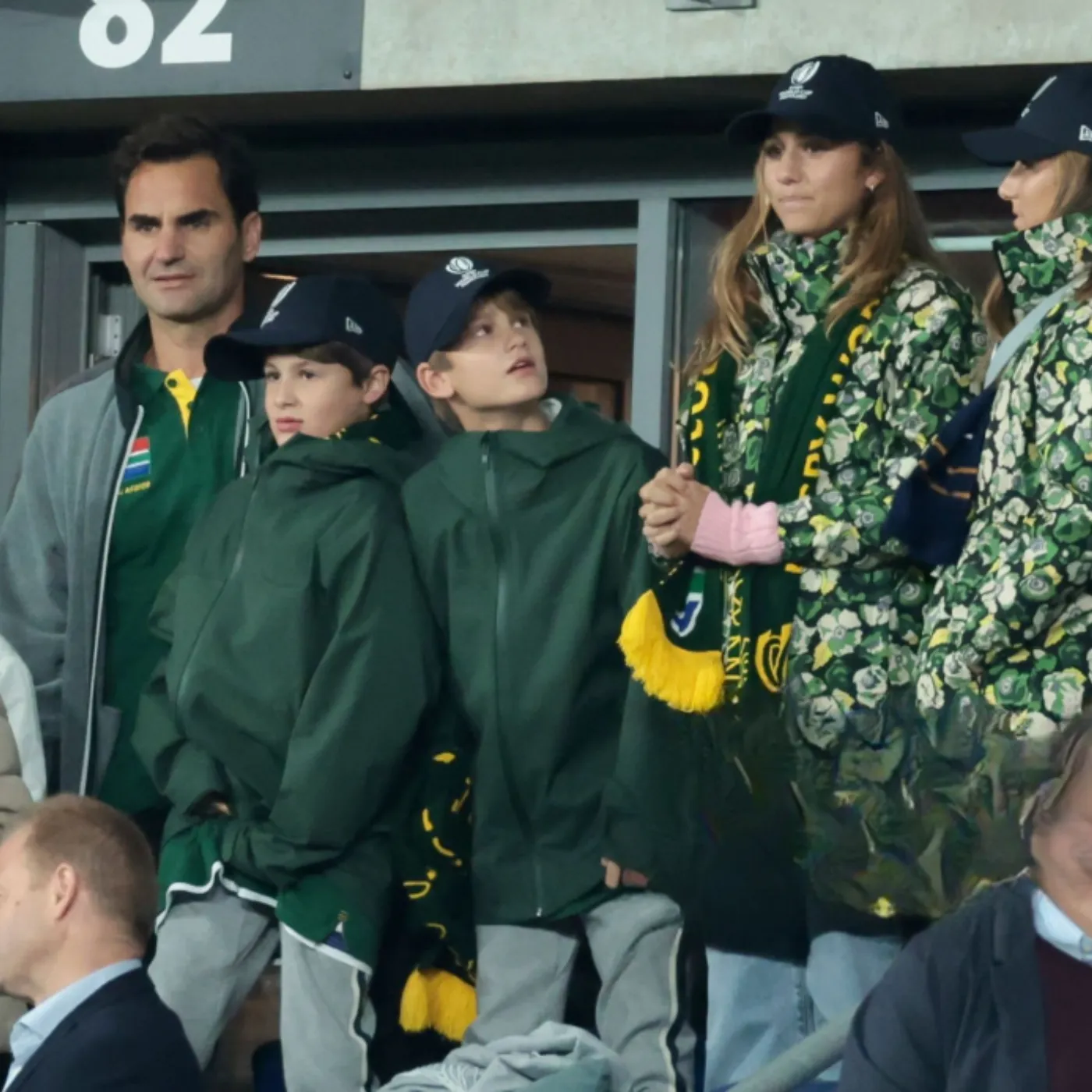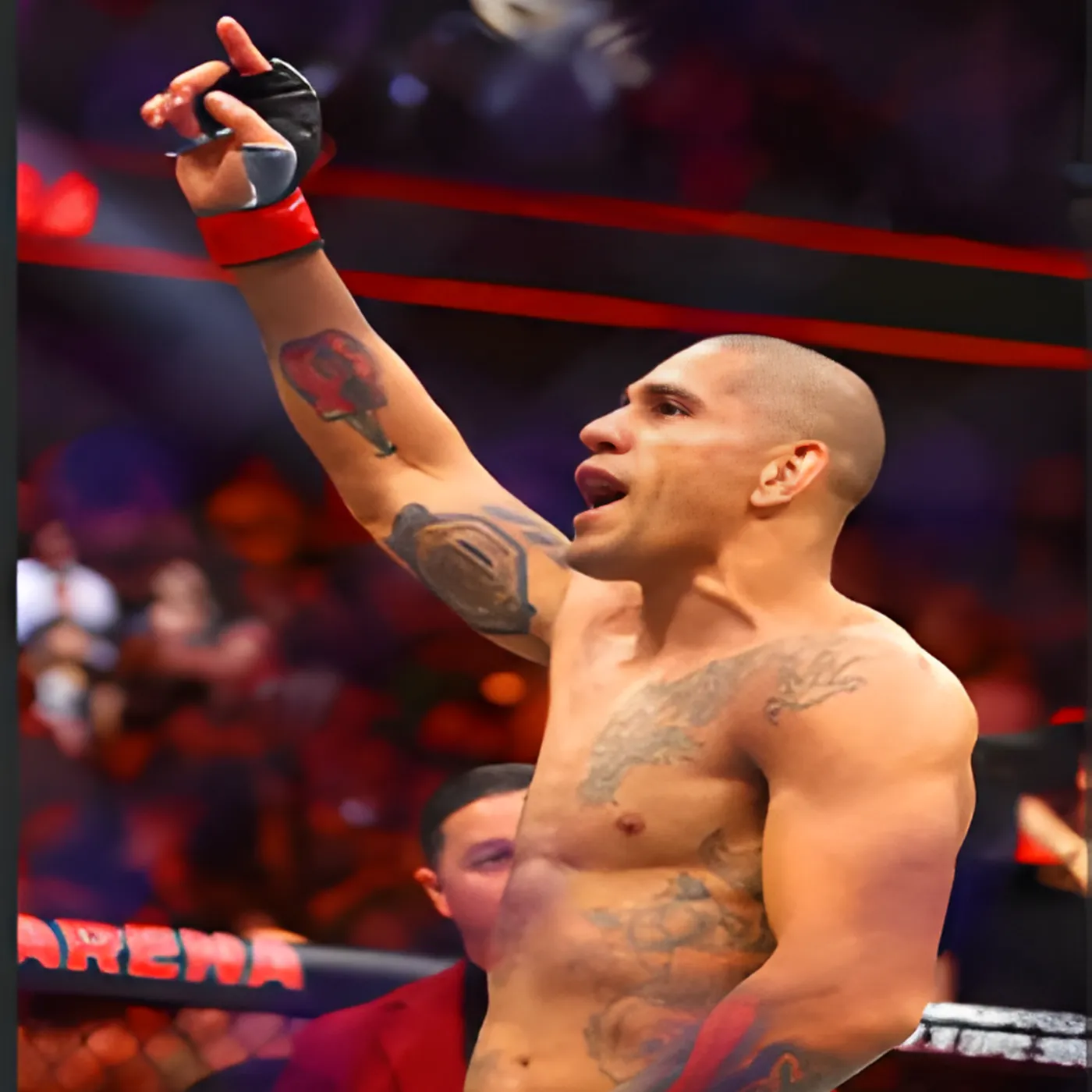
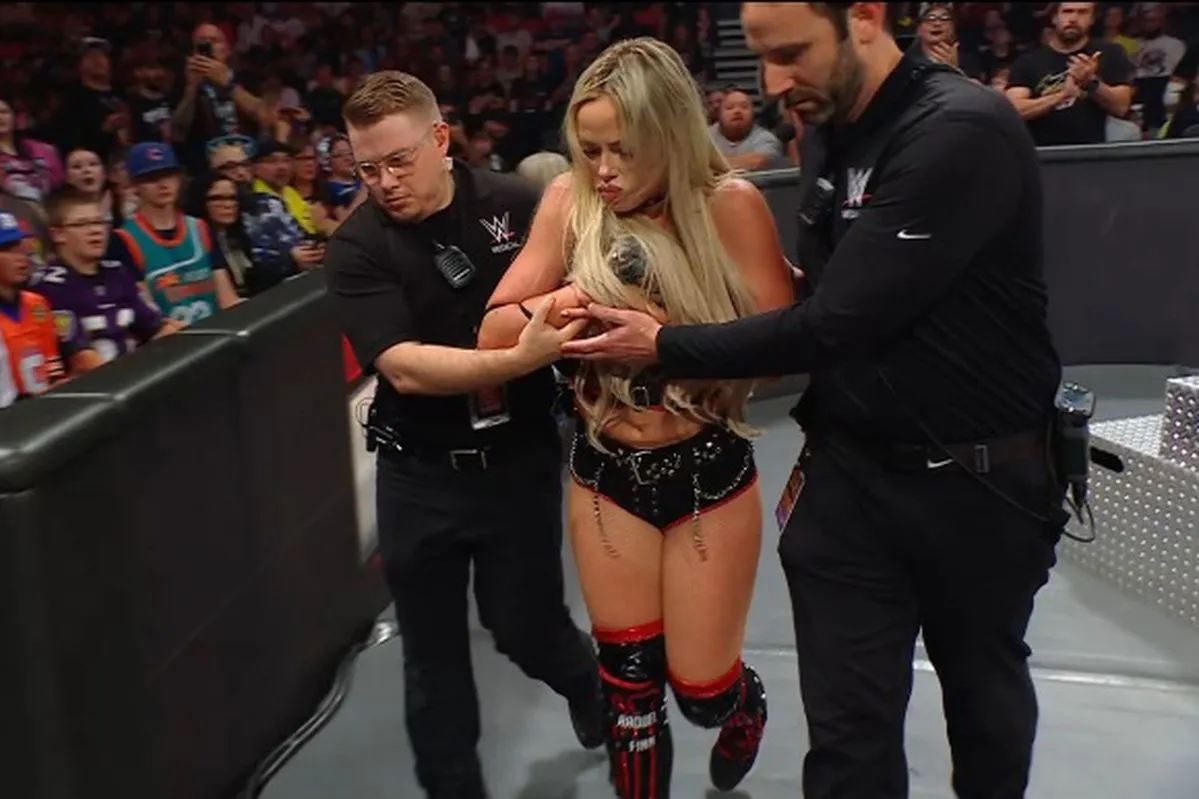
Rhea Ripley and Liv Morgan Were Bitter Rivals in the Ring – But a Shocking Social Media Twist Just Turned Them Into ‘Unlikely Allies’!
When Liv Morgan’s injury shook the WWE universe, fans expected sympathy, support, and an outpouring of love. But instead of solidarity, a disturbing corner of the wrestling community erupted with mockery, laughter, and even celebration. That unsettling behavior quickly drew the attention of one of WWE’s most powerful voices — Rhea Ripley. Known not just for her dominance in the ring but also for her fiery personality outside of it, Ripley took to social media to call out what she described as “disgusting” behavior, igniting a larger debate about fan culture, respect, and the human cost of sports entertainment.
What Happened to Liv Morgan?
During a recent WWE event, Liv Morgan sustained a significant injury that immediately halted her momentum. She has long been one of the most beloved superstars, known for her resilience, underdog spirit, and unique connection with fans. The sight of Liv grimacing in pain and being helped backstage was enough to send shockwaves through the locker room. Injuries are never part of the script, and every wrestler knows the risks they take when they step through the ropes.
For many fans, this moment was heartbreaking. But shockingly, not everyone reacted with compassion. Instead, a wave of toxic responses began flooding timelines, with some celebrating her misfortune as though it were a storyline twist rather than a real-life health scare.
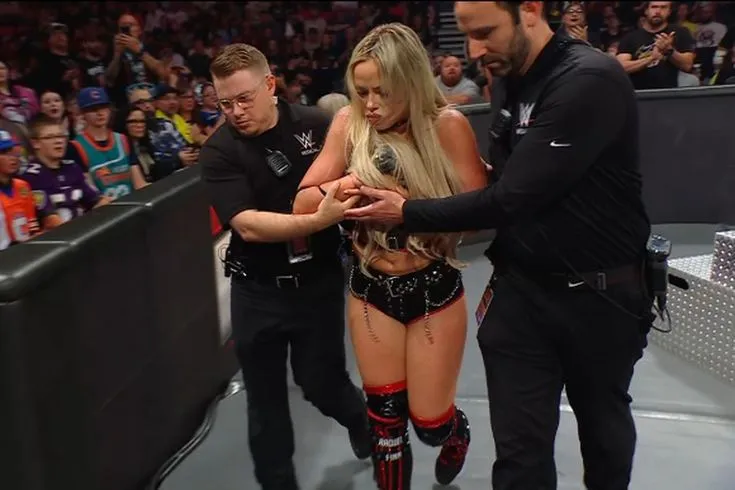
The Dark Side of Wrestling Fandom
The world of wrestling thrives on storylines, rivalries, and drama, but there is a clear line between fiction and reality. Fans love to boo the villains and cheer the heroes, but when the curtain drops, these athletes are human beings whose bodies endure relentless punishment. Yet, a disturbing trend emerged: a segment of the fan base took Liv’s injury as an opportunity to post memes, jokes, and celebratory comments. Instead of “get well soon,” social feeds were polluted with mocking laughter and cruel celebrations. This reaction opened a dark conversation: Has wrestling fandom crossed a line? Is kayfabe confusion making some people forget where entertainment ends and human suffering begins?
Rhea Ripley’s Explosive Response
Enter Rhea Ripley, Liv Morgan’s on-screen rival and one of WWE’s biggest stars. Despite their scripted battles, Ripley didn’t hesitate to show where she stands. She blasted the negative reactions as “ghastly” and “inhumane”, sending shockwaves across the internet. Her words were sharp and uncompromising, demanding fans remember that behind every persona is a person with real pain.
“You don’t celebrate when someone gets hurt,” Ripley stressed, her post dripping with frustration and disappointment. What makes this so powerful is the fact that Ripley and Liv have shared some of WWE’s most memorable in-ring moments. While rivals in the storyline, Ripley made it clear that respect and humanity must always come first. Her response was not just about defending Liv but about drawing a line in the sand for the entire WWE fan community.
Why Did Fans React This Way?
The question is: why would anyone celebrate an injury? The answer lies in the complicated relationship between wrestlers and their audiences. Fans often blur the line between character and person.
To some, Liv’s injury may have felt like a storyline twist — another plot point to fuel their online debates. Others, hardened by the tribal nature of wrestling fandom, may have seen this as “karma” for storylines they didn’t like or booking decisions they disagreed with. But the truth is simple: injuries are not storylines. They derail careers, threaten livelihoods, and can leave lasting damage. By mocking Liv’s pain, these fans revealed a troubling lack of empathy that Ripley — and countless others — refuse to accept.
The Human Cost of WWE
Behind the glamour of flashing lights, championship belts, and roaring crowds lies an unspoken truth: professional wrestling is brutal. Every match, every bump, every dive carries risk. Wrestlers put their bodies on the line night after night for the sake of entertainment. Liv Morgan has battled through injuries before, always returning stronger, but each setback takes a toll. Unlike scripted betrayals and shocking swerves, real injuries cannot be undone the next night on Raw or SmackDown. They affect lives, careers, and futures. When fans celebrate those moments, they show a dangerous disregard for the human beings they claim to support. Ripley’s message is not just about Liv — it’s about respecting the sacrifice every WWE superstar makes when they step into the ring.
Social Media Reactions Explode
Ripley’s statement set the internet ablaze. Her comments were shared thousands of times, sparking heated debates. Some applauded her for standing up against toxicity, calling her the voice of reason the community needed. Others, however, doubled down, defending their right to express themselves however they want, even if it means laughing at injuries. This clash between compassion and cruelty became a trending topic, drawing attention from fans, insiders, and even mainstream sports pages. The controversy underlines the power of social media — a single post can ignite a firestorm, exposing both the best and worst of fandom.
Liv Morgan’s Resilience
One thing is certain: Liv Morgan is not easily broken. Her career has been defined by resilience, fighting from underdog status to championship gold. She’s overcome setbacks, injuries, and doubts before, and her fans — the true ones — believe she will again. Already, messages of support are pouring in, reminding her that while some celebrate pain, many more cheer for her recovery.
Ripley’s defense only strengthens this narrative, showing that even rivals respect what Liv brings to the ring. This resilience, combined with the spotlight on toxic fan behavior, might even turn this moment of pain into a story of strength.
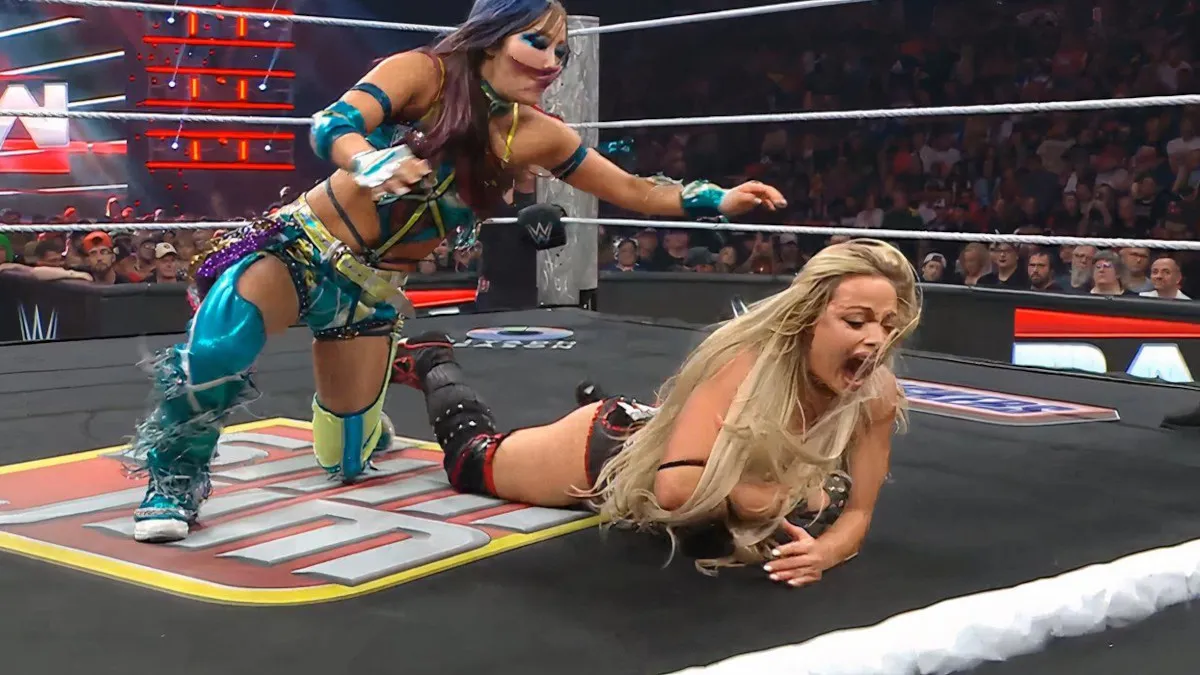
The Bigger Picture: Fan Responsibility
The incident sparks a larger conversation about the responsibility of fans. Wrestling thrives on passion, debate, and even heated rivalries among supporters. But when passion turns into cruelty, the community suffers. Injuries are not entertainment. They are not justice, revenge, or comeuppance. They are real setbacks that can end careers. By calling out the negativity, Ripley is challenging fans to reflect: Are we supporting the athletes, or are we consuming them? The difference is critical for the future of WWE and for sports culture in general.
Why This Story Matters for WWE’s Image
For WWE, image is everything. The company has worked tirelessly to present itself as a global entertainment brand where stars are larger than life. But moments like this cut through the spectacle, reminding the world that behind every scripted story is a real human. If fans continue to celebrate injuries, it risks damaging the perception of the community itself. WWE needs stars like Ripley to speak out, reinforcing respect and humanity. It’s not just about protecting Liv Morgan — it’s about protecting the very foundation of the sport.
Conclusion: A Defining Moment
Liv Morgan’s injury was tragic, but the reactions it inspired may define a bigger shift in the WWE universe. Rhea Ripley’s condemnation of toxic fans marks a pivotal moment where the community is forced to confront its darker side. Will this serve as a wake-up call? Or will the cycle of cruelty continue? One thing is clear: the story has captured massive attention, sparking debates far beyond the squared circle. In the end, this isn’t just about Liv Morgan or Rhea Ripley. It’s about respect, humanity, and the kind of culture we want in sports entertainment.









